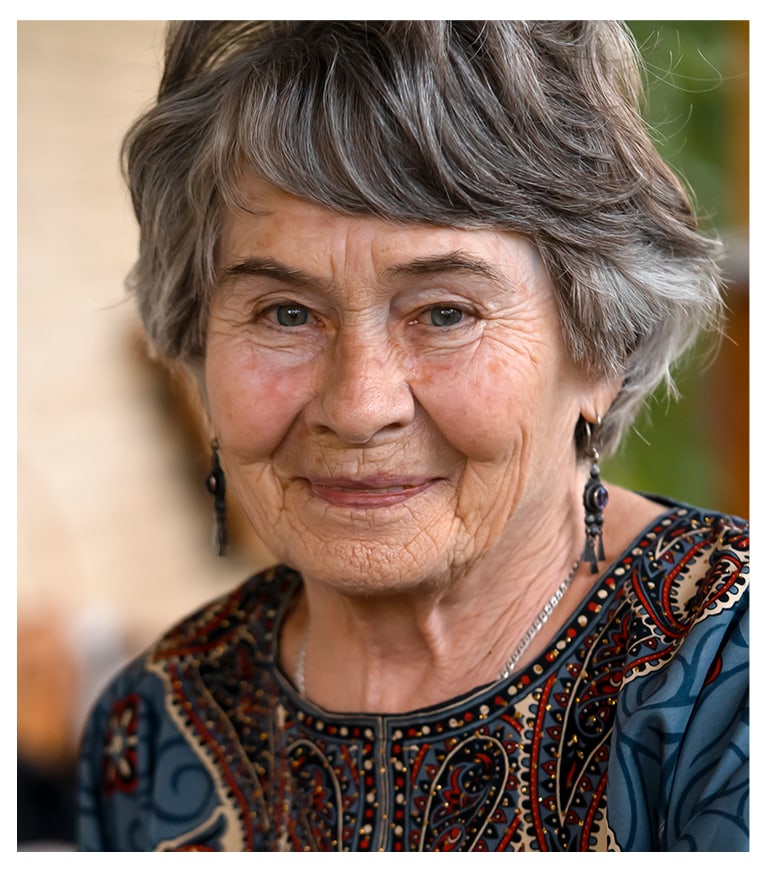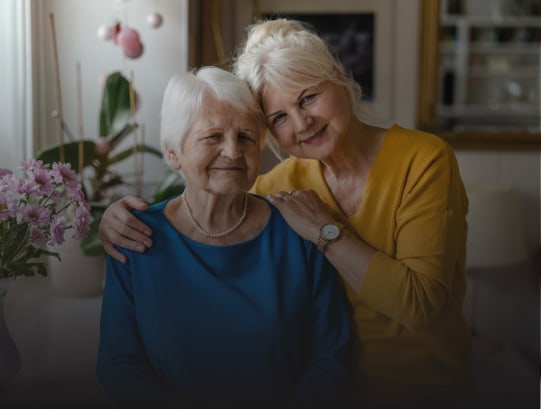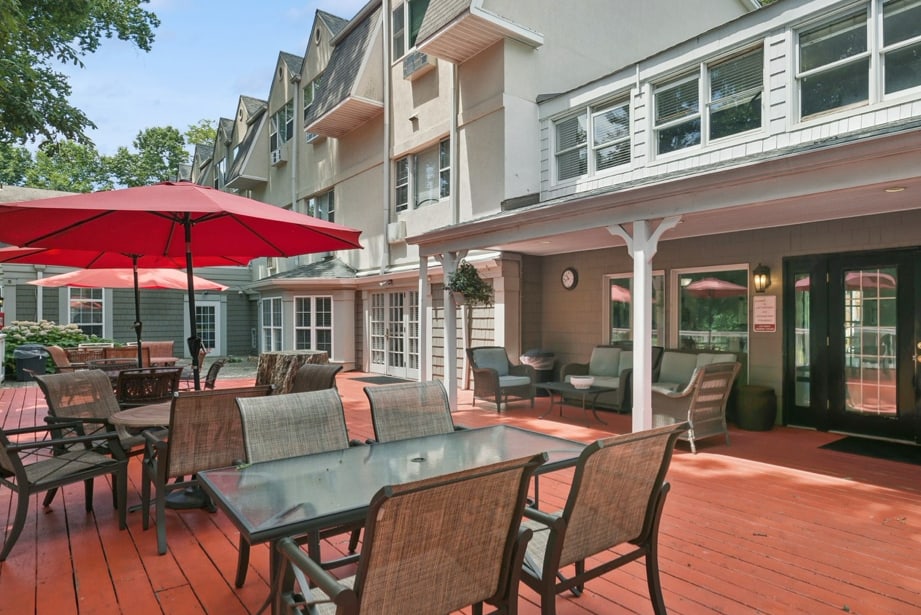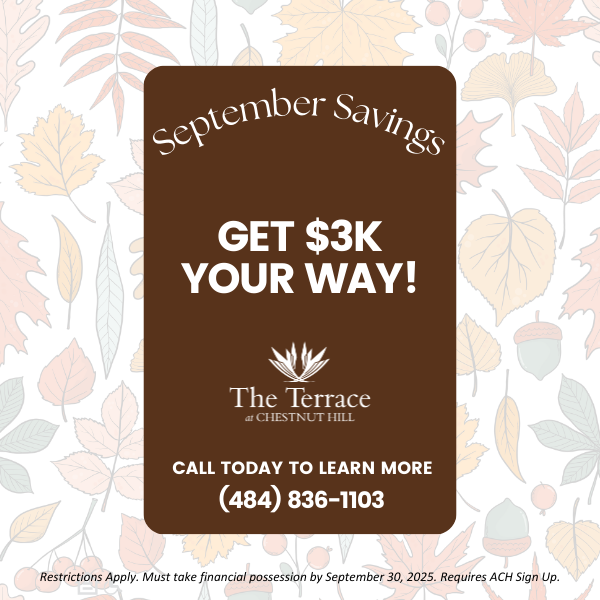Moving into a personal care community represents a significant life transition, and one of the most common concerns is whether you’ll be able to form genuine friendships in your new home.
The good news is that personal care communities are designed to foster connection and community, offering numerous opportunities to meet like-minded individuals and build lasting relationships.
Making friends as an adult can feel challenging, but personal care communities provide a unique advantage: you’re surrounded by people who share similar life experiences and are often eager to connect with others.
With thoughtful planning and the right community events and amenities, forming friendships becomes a natural part of daily life.
Start with Shared Interests in Common Areas
The heart of any personal care community lies in its common areas, where residents naturally gather throughout the day. These spaces serve as informal meeting grounds where conversations spark over morning coffee or during quiet afternoon reading sessions.
Communal lounges and sitting areas provide comfortable environments for striking up conversations with fellow residents.
Consider spending time in these areas during different parts of the day to meet various groups of people. Some people prefer morning gatherings, while others are more social in the evenings.
Many communities also feature outdoor spaces like patios or gardens where residents can enjoy fresh air while connecting with others. These relaxed settings often make it easier to approach someone new or join an existing conversation.
Connect Through Fitness & Wellness Activities
Fitness centers in personal care communities offer excellent opportunities for building friendships while maintaining your health. Whether you prefer gentle exercises, strength training, or group fitness classes, working out alongside others creates natural bonding opportunities.
Physical therapy sessions, while focused on health maintenance, also provide chances to connect with residents who understand similar physical challenges. The shared experience of working toward wellness goals often creates strong foundations for friendship.
Many communities offer walking groups that use indoor corridors or outdoor walking paths. These regular activities allow relationships to develop gradually over time while supporting your physical health and wellness.
Build Relationships Through Dining Experiences
Shared meals have always been central to human connection, and community dining rooms provide daily opportunities to meet new people. Consider varying your seating arrangements or asking to join different tables to expand your social circle.
Many personal care communities organize special dining events, themed meals, or holiday celebrations that bring residents together in festive atmospheres. These occasions often lead to deeper conversations and stronger connections than typical daily interactions.
Some communities also offer food-related activities where residents can learn together while sharing stories and experiences related to favorite recipes or family traditions.
Participate in Resident Programs & Events
Resident programs form the backbone of community social life, offering structured opportunities to pursue interests while meeting others.
Art classes, book clubs, music programs, and educational lectures attract residents with similar interests, making it easier to find common ground for friendships.
Seasonal events and holiday celebrations bring the entire community together, creating shared experiences that often lead to lasting connections. These larger gatherings help you identify residents you’d like to get to know better in smaller settings.
Consider volunteering to help organize or lead activities if you have particular skills or interests to share. Taking an active role in community life often accelerates relationship building and helps establish you as a friendly, approachable person.

Take Initiative in Social Situations
While communities provide numerous opportunities for connection, building friendships can still require some initiative on your part.
Simple gestures like introducing yourself to new neighbors, remembering people’s names, and asking follow-up questions about their interests go a long way.
Don’t hesitate to extend invitations for coffee, walks, or attending events together. Many people appreciate when someone takes the first step in suggesting activities or get-togethers.
Be patient with the friendship-building process. Meaningful relationships develop over time through repeated positive interactions rather than instant connections.
Embrace Your Community’s Social Culture
Each personal care community develops its own unique social atmosphere based on its residents, staff, and programming. Take time to observe and understand your community’s particular culture, then find ways to contribute positively to it.
Some communities have more formal social structures, while others operate more casually. Adapting to your community’s style while staying true to your personality helps you integrate more successfully.
Remember that staff members can also provide valuable insights about community social dynamics and may help facilitate introductions between residents with compatible interests.
Your Path to Meaningful Connections
Making friends in personal care communities requires openness, patience, and a willingness to step outside your comfort zone occasionally.
The structured social opportunities, combined with the natural commonalities you share with fellow residents, create an environment where friendships can flourish.
Take advantage of the various amenities and programs your community offers, but remember that the most important ingredient in building friendships is your own genuine interest in getting to know others.
Approach each interaction with curiosity and kindness, and you’ll likely find that meaningful connections develop naturally over time.
Ready to start building new friendships? Schedule a visit to The Terrace at Chestnut Hill today!









